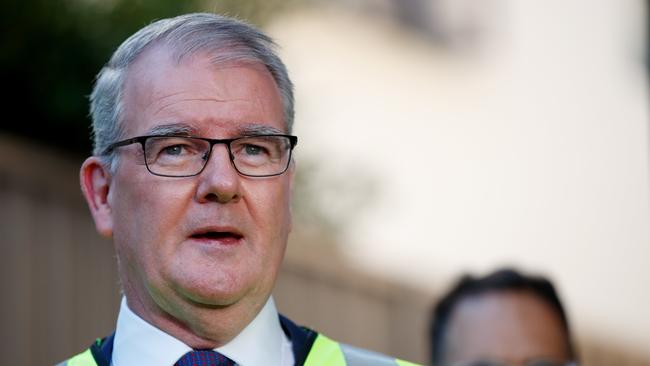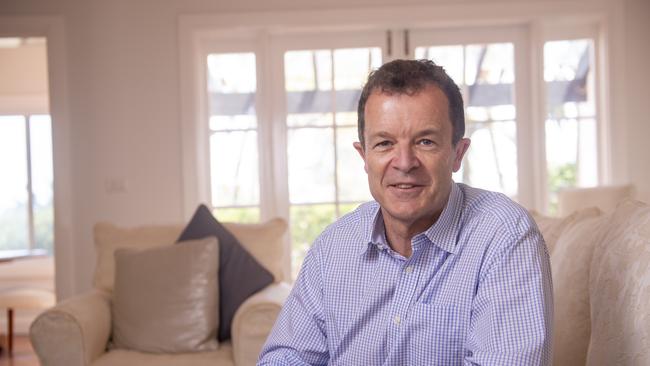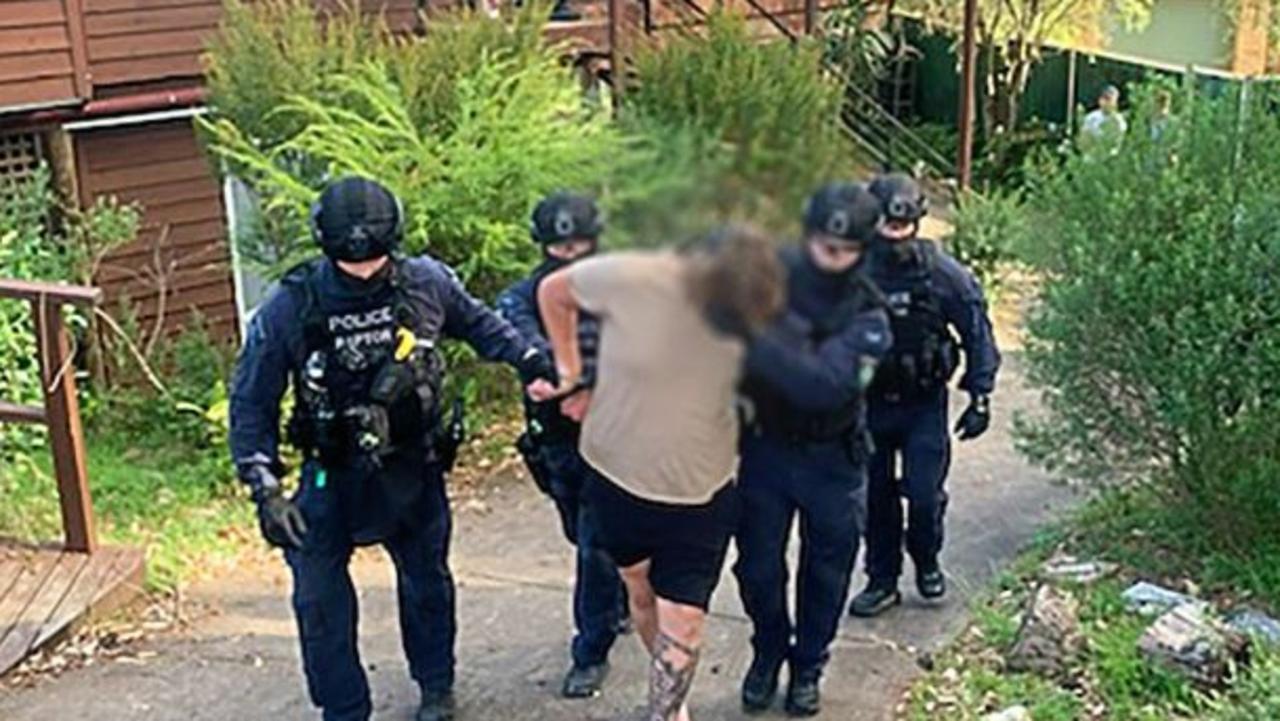NSW Government refuses to boost resources to tackle housing backlog
The NSW Land and Environment Court is unlikely to secure more resources to help it tackle a massive backlog of housing development cases.

NSW
Don't miss out on the headlines from NSW. Followed categories will be added to My News.
The state government has been accused of siding with NIMBYs by refusing to add more judges to the Land and Environment Court to help clear a debilitating planning backlog.
The state’s Land and Environment Court is unlikely to secure more resources to help it tackle a massive backlog of development cases, delaying new homes, after the Minns government refused to commit to additional resources for the court.
A spokesperson for Attorney-General Michael Daley said the government had already delivered an extra $2 million in its June 2024 budget, which covered the cost of an additional judge.
“The Government recognises the role played by the court in our state’s planning system,” the spokesperson said.
“These measures help address the court’s increased workload, particularly development cases.”

The Daily Telegraph revealed on Monday the time for development cases to be finalised in the court had more than doubled in the past 10 years, with Court Director Sarah Froh saying court officials had lobbied the state government for more staff for years.
The Land and Environment Court rules on development applications that have been rejected by local councils.
Since the court was established in 1980 there have only been six judges despite the number of cases brought before the court doubling in the last ten years. It has nine full time commissioners along with a pool of 20 acting commissioners, but it is only allowed to use them up to the equivalent of one full time commissioner per year.
In 2021-22, as a Covid measure designed to boost the number of planning projects in the pipeline, the former Perrottet government increased funding for the court to use its acting commissioner up to the equivalent of four full time commissioners. The funding for this measure stopped at the end of 2022.

Ms Froh said the boost in the number of acting commissioners that could be used per year “resulted in significant improvement to the court’s backlog”.
Over those two years the backlog of development cases decreased with the number of matters taking longer than 12 months to resolve dropping from more than 24 per cent in 2020 to more than seven per cent in 2023.
Former Planning Minister Rob Stokes, who introduced the interim Covid measure of appointing more acting commissioners was “to ensure that a pipeline of approvals was in place once the economy reopened”.

Opposition Leader Mark Speakman said the government had the power to ensure the court has the resources it needs to meet demand.
“Instead of allowing councils and NIMBY groups to use legal tactics to delay much-needed housing, Labor must show leadership and fix the planning system,” he said.
“The Government controls the levers to properly resource the court and ensure it can meet demand.”
Urban Development Institute of Australia chief executive Stuart Ayres said the overrun court system was “a symptom of a planning system in dire need of reform”.
“You know we have a problem when the fastest way to build a new home is to wait months for the court to give you approval rather than your local council,” he said.
“In the middle of a housing crisis, using deemed refusals to push more projects to court only delays the opportunity to get more keys in new front doors.”
More Coverage
Originally published as NSW Government refuses to boost resources to tackle housing backlog





